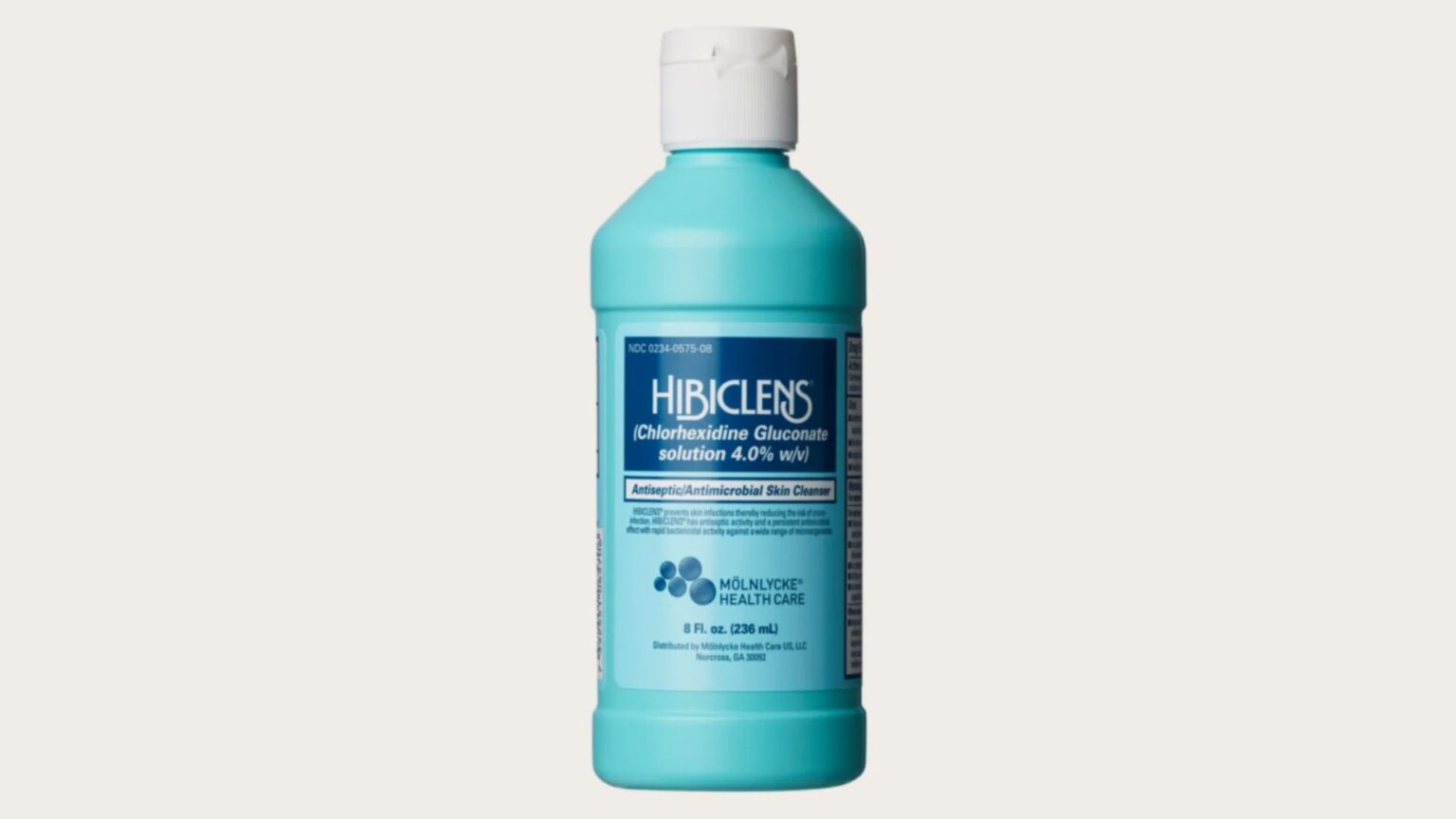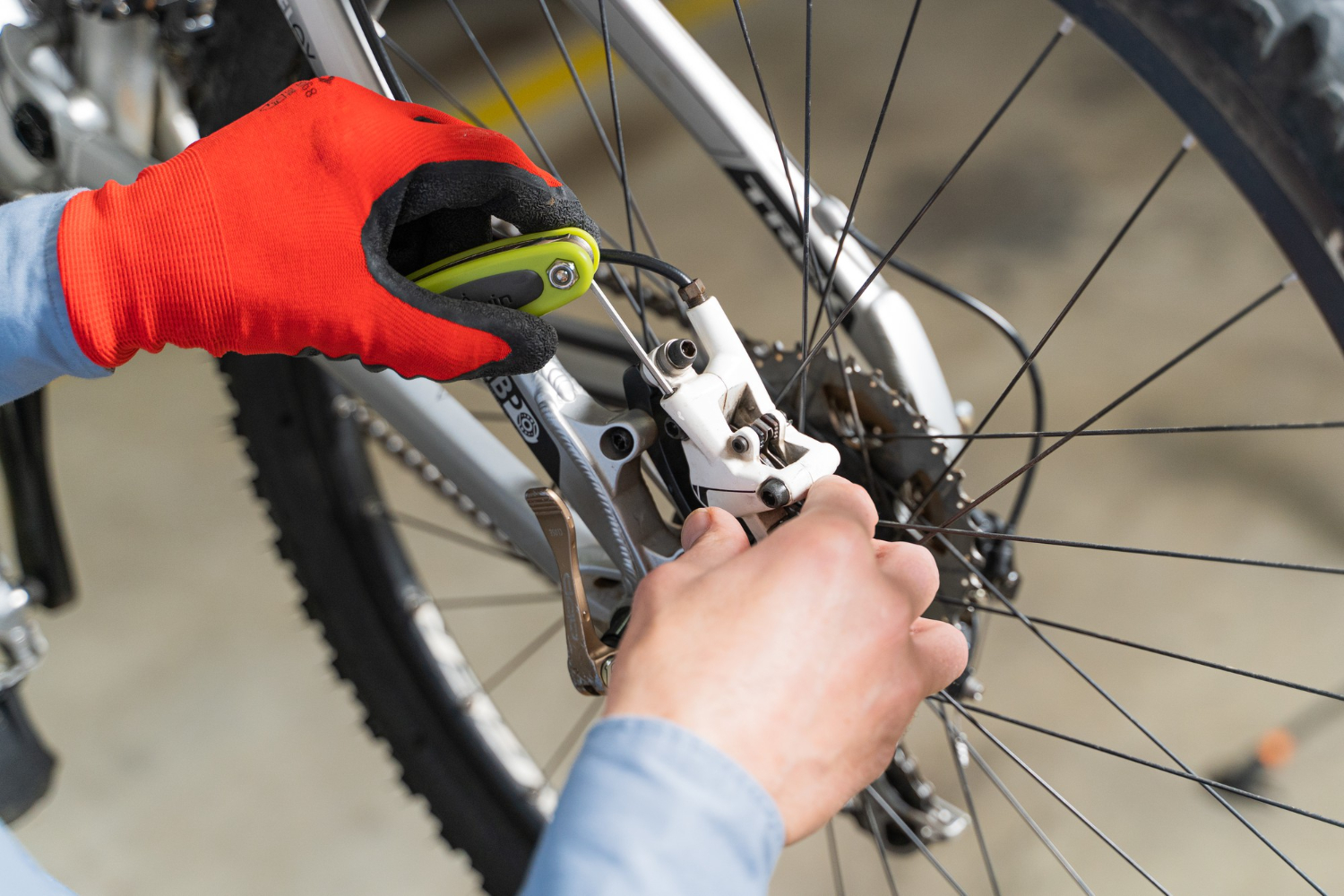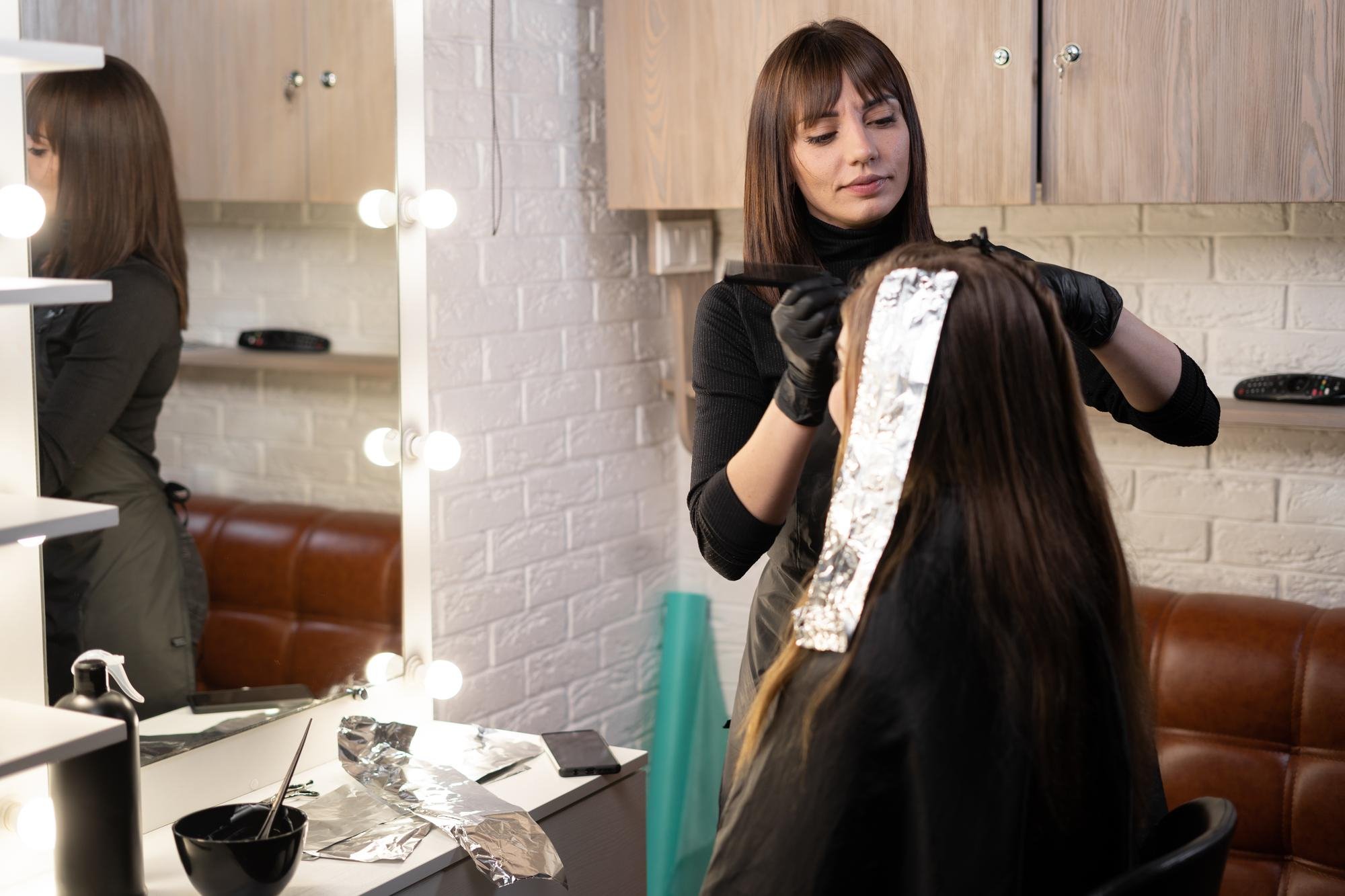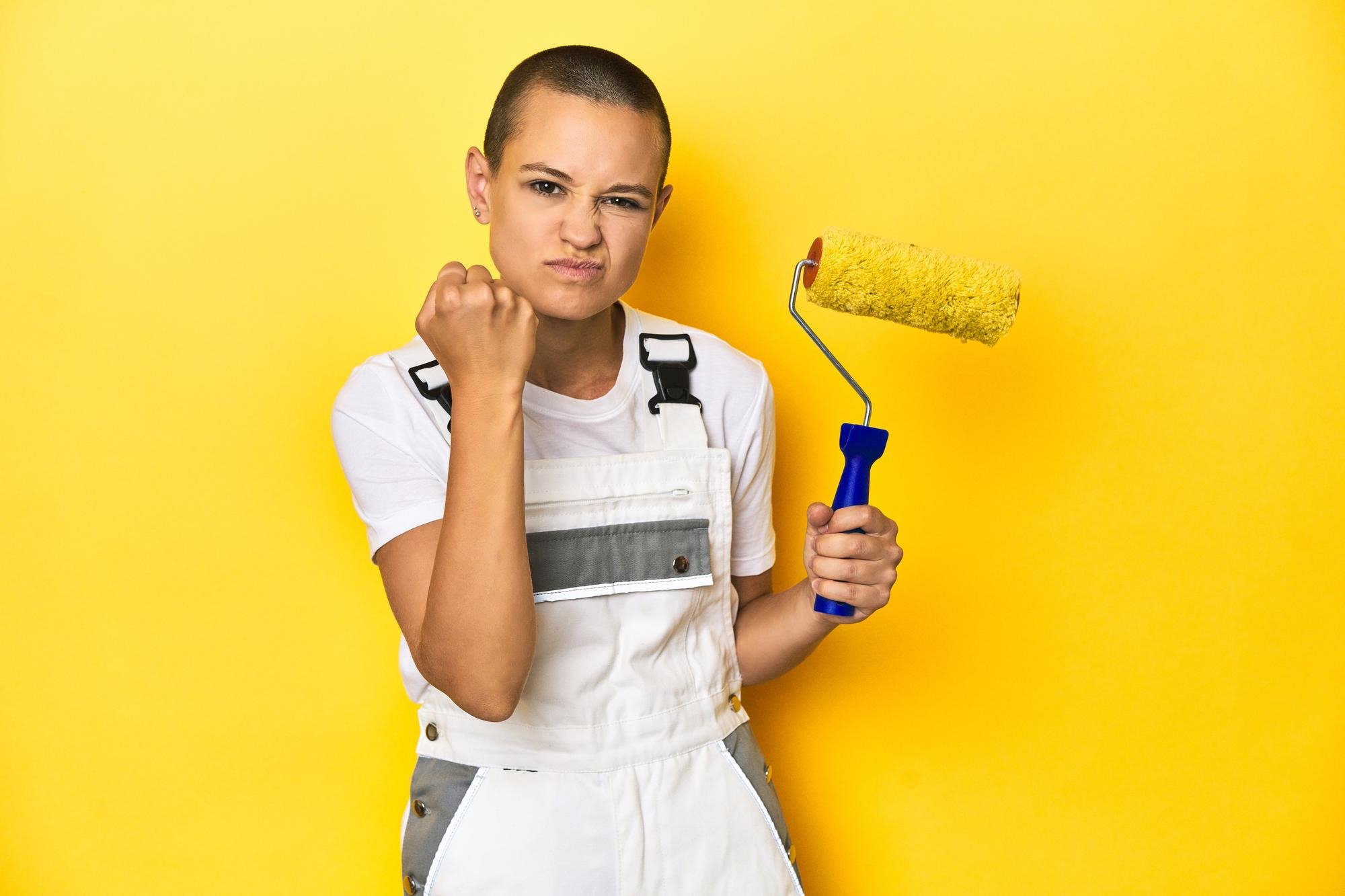In the quest for optimal hygiene, many individuals turn to powerful antiseptic solutions like Hibiclens. But when it comes to using such products on sensitive areas, it’s essential to proceed with caution. In this comprehensive guide, we’ll explore whether Hibiclens is safe for use on your private parts, detailing its benefits, risks, and best practices for safe usage.
Table of Contents
ToggleWhat is Hibiclens?
Hibiclens is a medical-grade antiseptic skin cleanser widely used in healthcare settings and homes. The active ingredient in Hibiclens is chlorhexidine gluconate, which offers strong antimicrobial properties. It is commonly employed for pre-operative handwashing, wound cleaning, and general skin cleansing to reduce the risk of infections.
Benefits of Hibiclens
Hibiclens is known for its long-lasting antimicrobial action, effectively killing bacteria, viruses, and fungi. It is often used because of its ability to provide persistent protection even after rinsing. Additionally, Hibiclens is generally gentle on the skin, though it is always crucial to follow usage instructions carefully.
What Are the Common Uses of Hibiclens?
Hibiclens is versatile and can be used in both medical and home settings:
- Pre-operative Handwashing: Surgeons and medical staff use Hibiclens to disinfect hands before procedures.
- Wound Cleansing: It is effective in cleaning wounds to prevent infection.
- General Skin Cleansing: Hibiclens can be used as a body wash to reduce bacteria on the skin.
Can You Use Hibiclens on Your Private Parts?
The straightforward answer is no, it is not recommended to use Hibiclens on your private parts. While Hibiclens is effective at killing bacteria, its strength and chemical makeup make it unsuitable for sensitive areas.
Why It May Not Be Recommended
Hibiclens contains chlorhexidine gluconate, an antiseptic that can cause irritation and an imbalance in the natural flora of delicate skin areas. Using Hibiclens on the genital area can lead to dryness, itching, and even chemical burns.
Potential Risks and Side Effects
Using Hibiclens inappropriately can cause severe side effects, including:
- Skin Irritation: Redness, itching, and burning sensations.
- Chemical Burns: Prolonged exposure can cause damage to sensitive skin.
- Imbalance of Natural Flora: Disruption of the natural bacterial balance can lead to infections.
What Do Experts Say?
Medical professionals generally advise against using Hibiclens on private parts. Dermatologists and gynecologists recommend milder, pH-balanced cleansers specifically designed for sensitive areas. Always consult a healthcare provider for personalized advice.
Benefits of Using Hibiclens
Despite its limitations, Hibiclens offers several benefits when used correctly:
- Antimicrobial Properties: Effectively eliminates a wide range of pathogens.
- Long-lasting Protection: Continues to protect the skin for hours after application.
- Gentle on the Skin: When used as directed, it is safe for general skin cleansing.
How to Use Hibiclens Safely
While Hibiclens should not be used on private parts, it is beneficial for other applications. Here’s how to use it safely:
Step-by-Step Instructions for General Use
- Rinse the Area: Thoroughly wet the skin before applying.
- Apply Hibiclens: Use a small amount to cover the area.
- Wash Gently: Massage the cleanser into the skin for at least 15 seconds.
- Rinse Thoroughly: Ensure all traces of Hibiclens are washed off.
- Dry: Pat the area dry with a clean towel.
Tips for Using Hibiclens on Sensitive Skin
- Patch Test: Test on a small skin area before full use.
- Avoid Prolonged Contact: Do not leave Hibiclens on the skin for extended periods.
- Moisturize: Apply a gentle moisturizer after use to prevent dryness.
What to Avoid When Using Hibiclens
- Eyes, Ears, and Mouth: Keep away from these areas to prevent irritation.
- Genital Area: Do not use Hibiclens on private parts.
- Open Wounds: Consult a healthcare provider before using on deep cuts or punctures.
Areas Where You Should Not Use Hibiclens
Certain areas of the body are too sensitive for Hibiclens, including:
- Eyes: Can cause severe irritation and damage.
- Around the Ears: Risk of ototoxicity if it enters the ear canal.
- Mouth: Not suitable for oral use.
- Genital Area: Can disrupt the natural balance and cause irritation.
Potential Consequences of Misuse
- Severe Irritation: Burning, redness, and discomfort.
- Chemical Burns: Prolonged exposure can cause skin damage.
- Flora Imbalance: Increased risk of infections.
Alternative Products for These Areas
For sensitive areas, consider using milder, pH-balanced cleansers designed for delicate skin, such as:
- Vulva Cleansers: Products like Vagisil or Summer’s Eve.
- Eye Wash Solutions: Sterile saline solutions.
- Oral Rinses: Antiseptic mouthwashes like Listerine.
Can Hibiclens Be Used for Yeast Infections?
Understanding Yeast Infections
Yeast infections, caused by an overgrowth of Candida fungus, present symptoms such as itching, redness, and discharge. They require specific antifungal treatments to resolve.
Why Hibiclens Is Not Recommended
Hibiclens is not effective against the fungus responsible for yeast infections. Its use can exacerbate symptoms by disrupting vaginal flora.
Recommended Treatments for Yeast Infections
Instead of Hibiclens, consider:
- Over-the-counter Antifungals: Options like Monistat or Canesten.
- Prescription Treatments: Consult your healthcare provider for stronger medications.
- Probiotics: Help restore natural bacterial balance.
Can You Use Hibiclens on Buttocks?
Addressing Hibiclens Use on the Buttocks
While the buttocks are less sensitive than the genital area, caution is still advised. Use Hibiclens sparingly and avoid prolonged contact.
Safe Practices and Precautions
- Patch Test: Ensure no adverse reactions occur.
- Rinse Thoroughly: Remove all residue to prevent irritation.
- Monitor Skin: Watch for any signs of discomfort or rash.
Alternatives for Cleaning This Area
Consider using mild, hypoallergenic soaps designed for sensitive skin to clean the buttocks area effectively.
Conclusion
In summary, Hibiclens is a powerful antiseptic with numerous benefits when used correctly. However, it is not suitable for use on private parts due to its potential to cause irritation and imbalance. Always consult a healthcare provider for personalized advice, and consider alternative products for sensitive areas.
For more information on safe hygiene practices and to explore suitable products, feel free to contact our healthcare professionals today.
FAQs
Can I use Hibiclens in my groin area?
Using Hibiclens in the groin area is not recommended due to the delicate nature of the skin in this region. The antiseptic properties of chlorhexidine gluconate can cause severe irritation, dryness, and potentially chemical burns.
Additionally, it may disrupt the natural flora balance, leading to infections and other complications. Instead, opt for milder, pH-balanced products specifically designed for sensitive skin in these areas.
Where should you not use Hibiclens?
Hibiclens should not be used on sensitive areas due to its potential to cause irritation and other side effects. Here are some areas to avoid and the reasons why:
- Eyes: Can cause severe irritation and damage.
- Around the Ears: Risk of ototoxicity if it enters the ear canal.
- Mouth: Not suitable for oral use and may cause mouth irritation.
- Genital Area: Disrupts natural balance and causes irritation.
- Open Wounds: Can be too harsh and prevent proper healing without professional guidance.
Can I use Hibiclens for yeast infection?
Hibiclens is not effective against Candida fungus, which is responsible for yeast infections. Using Hibiclens in an attempt to treat yeast infections can worsen symptoms by disrupting the natural vaginal flora.
Recommended Treatments for Yeast Infections:
- Over-the-counter Antifungals: Products like Monistat or Canesten target the fungal cause directly.
- Prescription Treatments: Stronger medications prescribed by a healthcare provider.
- Probiotics: Helps restore the natural bacterial balance.
Can you use Hibiclens on buttocks?
Using Hibiclens on the buttocks is generally safer than on the genital area, but precautions are still necessary.
Safe Practices and Precautions:
- Patch Test: Conduct a patch test to ensure no adverse reactions occur.
- Rinse Thoroughly: Make sure all residue is removed to prevent irritation.
- Monitor Skin: Watch for signs of discomfort or rash, and discontinue use if any appear.
Alternatives for Cleaning This Area:
Consider using mild, hypoallergenic soaps that are specifically designed for sensitive skin to clean the buttocks area effectively.









